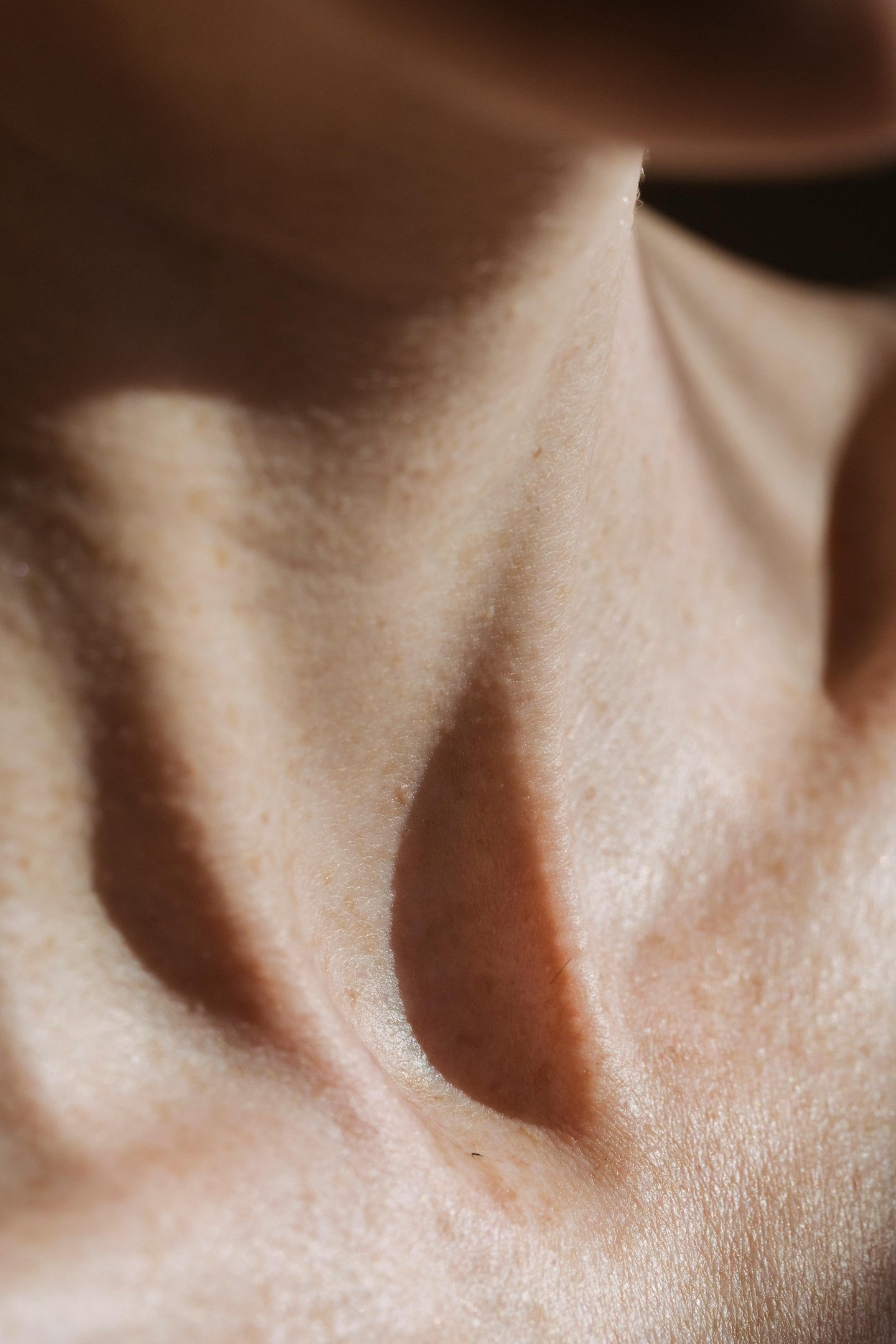
RESOURCES AND INFORMATION
Browse our extensive database of useful treatment information, patient resources, and skin-care topics.
Extensive resources devoted to dermatology
Dermatology and skincare are integral to maintaining not only the health but also the beauty of our skin, which is our body's largest organ. Proper skincare routines, combined with professional dermatological advice, can prevent and treat a variety of skin issues, from acne and eczema to more severe conditions like psoriasis and skin cancer. Browse our extensive catalog of resources dedicated to skincare and dermatology.
October Is National Eczema Awareness Month
Eczema (eg-zuh-MUH) is the name for a group of conditions that cause the skin to become itchy, inflamed, or have a rash-like appearance. There are seven types of eczema: atopic dermatitis, contact dermatitis, dyshidrotic eczema, nummular eczema, seborrheic dermatitis, and stasis dermatitis.
What Training Does a Dermatologist Have?
A minimum of twelve years of training and education is typically required in order to become a dermatologist in the United States and other western countries. This includes an undergraduate pre-medical degree, general medical training, internship and dermatology specialization training.
Meet Our New Provider: Benjamin Jones
Dr. Benjamin B. Jones grew up in Shelley, Idaho. Dr. Jones earned his medical degree from the University of Utah School of Medicine. While completing his training, he was awarded a summer research fellowship where he worked on molecular mechanisms of malignant melanoma at the Huntsman Cancer Institute. He was later awarded funding from the National Psoriasis Foundation, and became a Psoriasis Research Fellow in the department of dermatology at the University of Utah.
Dealing With Acne
People of many ages experience acne, not just teens. Many people have acne in their 30s, 40s, 50s, and beyond. Acne appears on the skin as a zit, commonly known as a pimple. A zit is caused by an interplay between bacteria, oil, hormones, and inflammation. Not all acne is hormonal, however. It can form simply from your face’s oil glands overproducing oil that combines with dead skin cells, blocking your pores and hair follicles, and causing the body to respond with the puss and redness we’re all familiar with.



